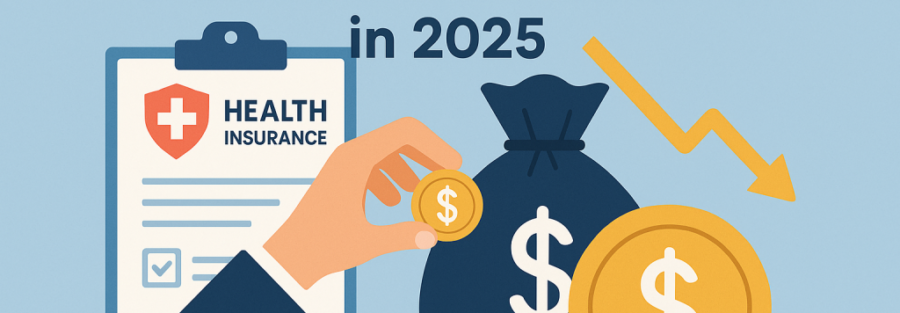Finding appropriate coverage can be difficult, especially considering how fiercely health insurance companies compete. With the medical debt crisis in the US, household premiums can burgeon into thousands spent monthly and deterring any financial progress year after year. As we near 2025, balancing these costs becomes even more pressing. Let’s go over some tips on how to effectively lower your costs without compromising critical coverage and benefits.
Tip 1: Always Review Multiple Plans As Comparison Shopping Can Reward You
While it can be tiresome, doing a deep dive into your current health insurance plan, or lack thereof, alongside what other competitors charge can be one of the more effective ways to lower your costs. Failing to complete this easy step can alienate you from the advantages new policies may come with. New perks can include lower premiums, better deal features, and greater overall value which can significantly impact your savings long term.
Open enrollment period: This period allows you to check and switch what your current provider offers. Review if they offer affordable coverage and what alternatives you can get. Always shop around before making a decision.
2. Look at Choosing a High-Deductible Health Plan (HDHP)
For everyone looking to cut down on their spending, High-deductible health plans (HDHP) have received a lot of attention lately. While more healthcare services might need to be paid out of pocket, HDHPs allow customers to enjoy cheaper rates on a monthly basis.
Flexible Spending Arrangement (FSA): Unlike other plans, HDHPs allows you to save tax-free for medical expenses. If other services are not expected to be utilized, paying these taxes might be a money-saver in the long run.
3. Use Telemedicine and Preventative Care
Telemedicine and Virtual healthcare consultations have seen a surge in popularity in the year of 2025. For the most part, parts of the service are covered by insurance making them relatively inexpensive compared to a physical appointment. Timelines can be saved which cuts down on tens of minor trips to the doctors.
4. Choosing Generic Medications
Under health insurance plans, prescription medications can be a large expense. By opting for off-brand versions of commonly used drugs, there is an easy way to combat the costs. Off-brand drugs are much cheaper and are just as, if not more effective, than their brand-name relatives.
5. Leverage Discounts and Benefits Provided by Health Insurance
You may be able to save money using certain benefits offered by the company, for example, discounts on wellness programs, reimbursements for gym memberships, and or discounts provided for using particular hospitals or providers.
Wellness Programs: A few will go as far as providing incentives for people trying to maintain a healthy lifestyle like providing discounts for non-smokers and people who complete health assessments. These programs help in reducing your premiums if you meet certain health benchmarks.
6. Avoid Being Over-Insured
Plans which give more coverage than you actually need can be very tempting. An example of this is in 2025; there are numerous health plans where many “extras” are tacked on that depending on your circumstances may or may not be useful. For instance, if you are a young, healthy individual, you most likely will not need a plan that includes comprehensive dental and vision care, unless you need it.
Customization Of Your Plan: Some insurers allow customizing your coverage, meaning certain non-essential add-ons can be gotten rid of. Removing these add-ons can drastically lower your premiums.
7. Look Into Catastrophic Insurance
If you’re under 30 or on a tight budget, catastrophic health insurance could be a plan worth exploring.


